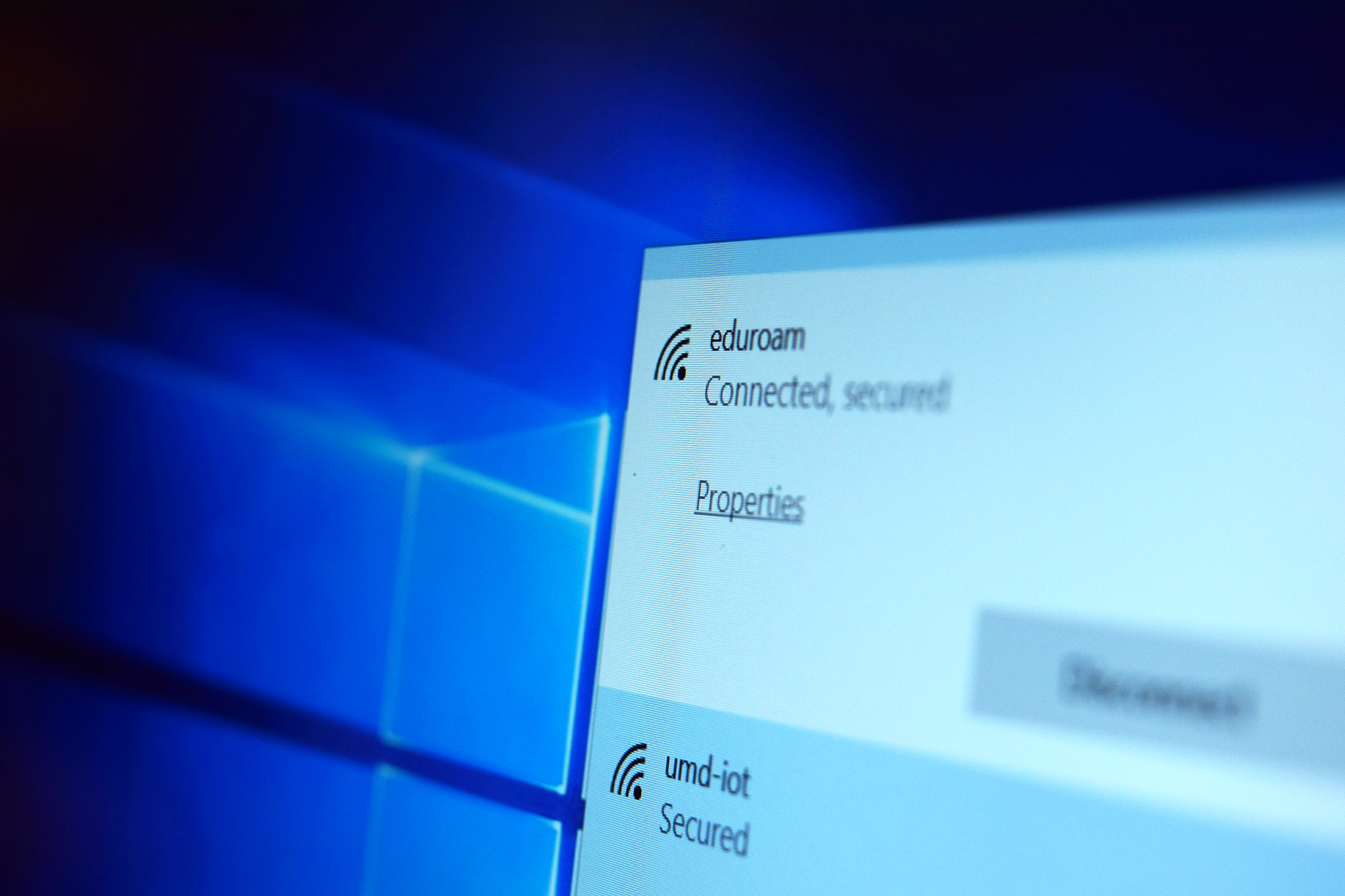Nistha Mitra had to make a difficult choice after being asked to evacuate her dorm in Hagerstown Hall. She could move back to her home in India, where the internet is unreliable, or apply for emergency housing to stay in a lounge in Elkton Hall.
“I just did not think that was very mentally or physiologically suitable for me,” Mitra said. “It was a possibility that [classes] were gonna go online and my mom was getting worried that the America situation was getting worse and worse.”
Once she heard that India’s major cities were going on lockdown, the sophomore computer science major chose to return home, as she had no family in America, and would not be able to return to the country once the lockdown was in effect, she said.
To ensure she could access her classes online, Mitra requested a mobile hotspot through the Division of Information Technology. Her request was denied, as she was told in an email that the university’s plan with Verizon is not international, and the device would not work in her country, she said.
With the lockdown now in effect in India, Mitra said she cannot purchase one in her town and is stuck with “wonky internet.”
“The fact they did not even think about the fact there were students who cannot just go back home and they did not even tell us about the online classes for the rest of the semester, I was left in the dark,” Mitra said.
[Read more: UMD task force aims to address commencement plans, help for marginalized groups]
DIT sent a survey to students regarding internet and computer needs on March 11. Of more than 6,500 responses, 339 students left their name and email to get in touch for a concern related to technology, wrote Marcio Oliveira, the assistant vice president of academic technology and innovation, in a March 19 emailed statement.
While hotspot devices were sent to students who responded to the survey at that time, these devices are now out of stock nationally and the university will not receive additional units until late April, Oliveira later wrote in an April 6 emailed statement. Laptops are also no longer available, according to the tech resources website.
“We continue to assist students,” Oliveira wrote in the most recent statement. “Special and immediate priority has been given to those who lack the funds to obtain access to basic technology needed to complete coursework. If a student is in this situation, they can apply to the UMD Student Crisis Fund.”
Nabila Prasetiawan, a sophomore philosophy, politics and economics major and committee lead for First Generation Low Income Students in the COVID-19 student task force, said the group is working to bring a chapter of the national First Generation Low Income Partnership to campus to protect low-income students and provide economic resources for them in times of crisis.
“If students are given a stipend or there is an increase in emergency funding, mobile hotspots and technologies will be covered under that,” Prasetiawan said. “Our main focus is first the financial resources that [the university is] providing and then establishing the FGLI program at Maryland.”
[Read more: More than 800 UMD students received help from the crisis fund amid coronavirus pandemic]
If formed, the chapter would provide economic support, scholarship opportunities and emergency housing for marginalized students, Prasetiawan said. They have reached out to the Academic Achievement Program and Office of Community Engagement to help bring the chapter to campus, and hope to establish it by the fall, Prasetiawan added.
Until the university receives the additional mobile hotspot units, DIT is advising students to access the internet using their phone’s cellular data, Oliveira wrote in an email on April 1. In addition, students are advised to seek special offers through their local internet providers.
While Mitra said her professors have been understanding of her situation, she said she is frustrated the university could not better accommodate international students. With the amount of money she said she contributes for tuition, she wishes the university could ensure their plan with Verizon is available to international students so that the hotspots can be mailed overseas during times of crisis.
“I was trying to submit this assignment. And I was submitting it but it wouldn’t go in because the internet was not working,” Mitra said. “I was freaking out because 5 minutes were left [to submit it]. Like those kinds of things. It just affects a person.”



